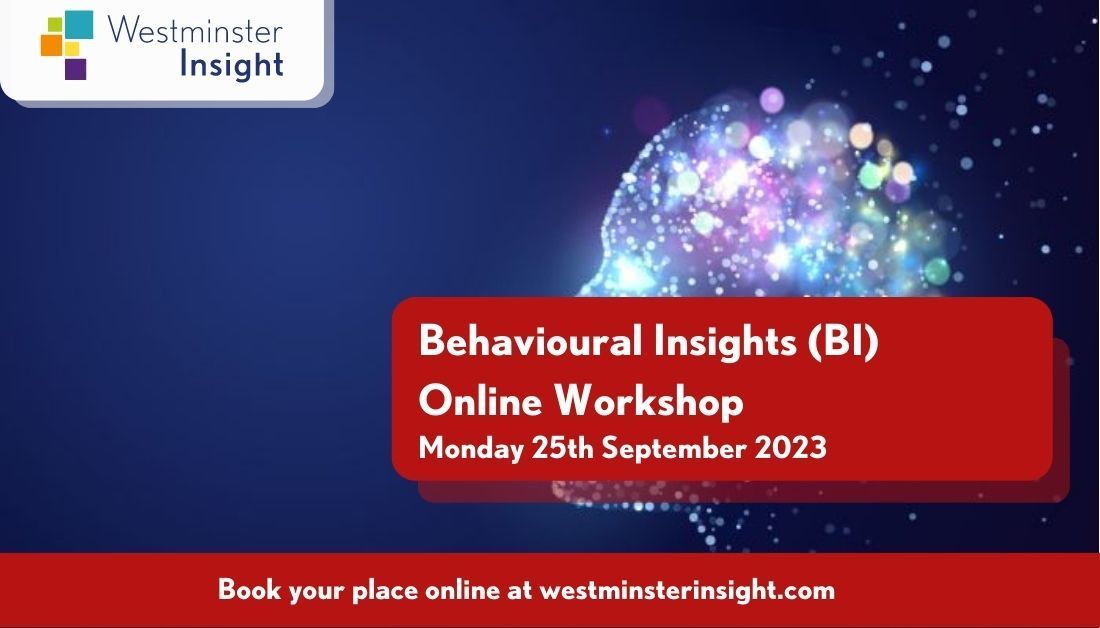REFLECTING IRELAND - FINANCIAL FRAUD
Delighted to be interviewed this morning on Newstalk’s Breakfast Business by Joe Lynam about findings from the latest Permanent TSB Reflecting Ireland research series, published today.
This quarter we focus on financial fraud, people’s experience of it and their attitudes and behaviours towards it. Three quarters (75%) of us have experienced attempted financial fraud and 27% have been victims, 16% this year alone. There has been a sharp increase in incidents lately, and as Black Friday and the busy Christmas shopping period approach, it’s important to stay vigilant.
Anyone can fall victim to financial fraud. Ironically what makes us vulnerable is thinking it can’t happen to us! We are particularly susceptible when we are busy, stressed, tired or distracted. Those most likely to fall victim are young people (under 45s), men and those living in Dublin. Contrary to popular belief, older people are less susceptible than younger people. Those aged 25-34 represent 18% of the adult population but 28% of fraud victims, while those aged 65+ represent a similar proportion of the population but just 11% of fraud victims. Over a third of Dubliners have been victims of financial fraud compared to just over 1 in 5 across the rest of the country.
The most common attempted frauds involve contact by phone (known as vishing), text (smishing) or email (phishing), experienced by 6 out of 10 of us. Skimmed card data is the most likely to deliver results for fraudsters, with 4 out of 10 people targeted losing money. Romance fraud, although rare compared to other types, is particularly vindictive as people are manipulated emotionally over time and eventually duped out of large sums. Romance fraud is among the most lucrative types from a fraudsters point of view.
To stay safe, it’s important to keep an eye on your bank balance and be mindful when shopping online – check for independent reviews of websites, check website addresses and check for the secure payment padlock symbol. If you think you’ve been targeted, it’s very important to report it. With 7 out of 10 saying they would report it to their financial institution and 5 out of 10 saying they would notify the Gardaí, it’s quite likely that many cases go unreported.
Download the full report here:












